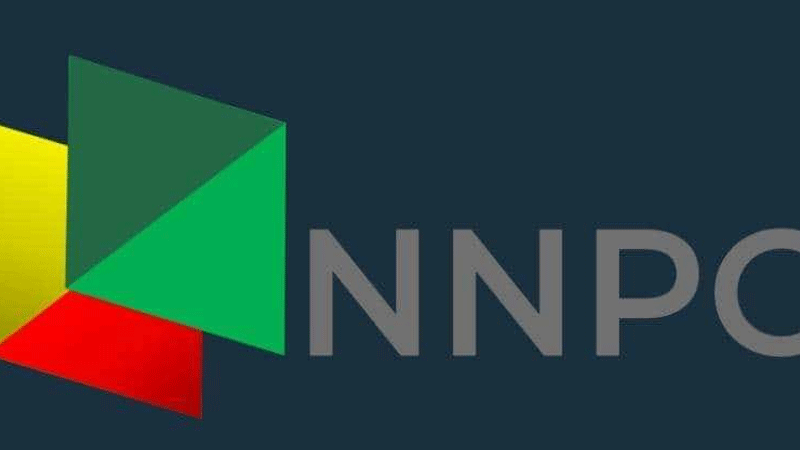Peter Uzoho
The Nigerian National Petroleum Corporation (NNPC) has reiterated its commitment to entrench downstream competitiveness using innovation and information technology.
The Chief Operating Officer Downstream, NNPC, Mr Adeyemi Adetunji, made this assertion while declaring open the 13th Oil Trading and Logistics Expo taking place in Lagos yesterday.
Adetunji, who was represented by the Managing Director Petroleum Products Marketing Company (PPMC), Mr Bala Wunti, stated that emerging market trends towards a digitized and automated world necessitate a rapid shift in focus for all Downstream players.
According to the COO, “Old approaches of driving Cost efficiency and Safety are pretty much exhausted, hence in line with the Corporation’s TAPE Agenda, NNPC is aggressively working on digitising its downstream operations.
Adetunji further stated that the emerging value models revolves around the confluence of a hydrocarbon economy and a data economy, hence all hands must be put on deck to fully digitalise the downstream sector.
The conference with the theme “Growth, Innovation and Technology” is an annual Pan African platform dedicated to the promotion of business, policy and stakeholder relationships in downstream petroleum markets across the continent.
In his presentation, the Minister of State for Petroleum, Mr Timipre Sylva, said the federal government would not relent on the sustenance of “Operation White” developed to eradicate the smuggling of Premium Motoring Spirit (PMS) across Nigerian borders.
Sylva, who was represented by his Senior Technical Adviser, Moses Olamide, said the operation white was a presidential mandate and collaborative strategy between the NNPC, regulatory agencies, security agencies and all stakeholders.
He explained: “The government will not relent on the sustenance of the programme. A team of 89 persons drawn from five key agencies has been mandated to ensure transparency and accountability in the distribution of petroleum products across the country.
“In addition, they will authenticate actual volumes of products imported and consumed; ensure the nation attains energy security; reduce diversion of PMS and stop financial haemorrhage; improve downstream operations and create commercial opportunities.”
According to him, tracking of products and clean-up of illegal stations will continue and adequately supported with modern technology.
He said the government was also committed to refurbishing the existing refineries to achieve full capacity operation, adding that work had already begun at the Port Harcourt Refinery.
Sylva said the government would also aggressively promote the passage of the Petroleum Industry Bill (PIB) which would have a positive impact on the downstream sector by ensuring regulatory enforcement and better relation among all stakeholders.
“We will actively collaborate with the private sector to create a large number of well-paying jobs for Nigerian youths.
“These and various others are the policy direction aimed at repositioning the downstream sector of the petroleum industry in Nigeria,” he added.


